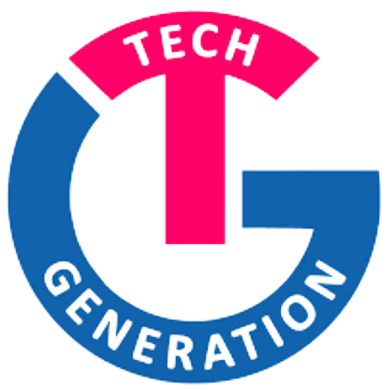Introduction: Artificial Intelligence (AI) has emerged as a transformative force, revolutionizing various aspects of our lives. From personalized recommendations on streaming platforms to voice-activated virtual assistants, AI-powered technologies have become integral to our everyday experiences. In this article, we explore the pervasive presence of AI in our daily lives and examine how it is shaping our world across multiple domains.
- Personalized Experiences: AI algorithms analyze vast amounts of data to understand user preferences and deliver personalized experiences. Online platforms leverage AI to recommend tailored content, products, and services, making our digital interactions more efficient and enjoyable. Whether it’s curated playlists on music streaming platforms or personalized news feeds on social media, AI enhances our digital experiences by catering to our individual interests.
- Virtual Assistants: Virtual assistants, such as Amazon’s Alexa, Apple’s Siri, or Google Assistant, have become ubiquitous in our homes and on our smartphones. These AI-powered voice-activated assistants can answer questions, perform tasks, and control smart devices, providing us with hands-free convenience and instant access to information. Virtual assistants are becoming increasingly integrated into our daily routines, assisting with tasks ranging from setting reminders and managing calendars to controlling smart home devices and facilitating voice-based searches.
- Healthcare Advancements: AI is making significant strides in the healthcare industry, transforming diagnostics, treatment planning, and patient care. AI algorithms can analyze medical images, such as X-rays and MRIs, to aid in the early detection of diseases. Machine learning algorithms can identify patterns and predict patient outcomes, assisting doctors in making informed decisions. Additionally, AI-powered chatbots and virtual nurses provide personalized health recommendations and support to patients, improving access to healthcare information and resources.
- Smart Cities and Transportation: AI is instrumental in creating smarter, more efficient cities. Intelligent transportation systems leverage AI to optimize traffic flow, reduce congestion, and enhance safety. AI-powered algorithms analyze data from various sensors, cameras, and traffic patterns to make real-time decisions, such as adjusting traffic signal timings or predicting traffic incidents. AI is also used in energy management systems, waste management, and urban planning, contributing to sustainable and livable cities.
- Automation and Robotics: AI-driven automation and robotics are revolutionizing industries and transforming the way we work. Robotic process automation streamlines repetitive tasks, freeing up human resources for more complex and creative work. Industrial robots equipped with AI capabilities enhance manufacturing processes, increasing efficiency and precision. AI-powered chatbots and customer service agents handle routine customer inquiries, improving response times and customer satisfaction.
Conclusion: Artificial Intelligence has become deeply integrated into our everyday lives, reshaping how we interact with technology, receive personalized experiences, and access information. From virtual assistants and healthcare advancements to smart cities and automation, AI is revolutionizing multiple domains, making our lives more convenient, efficient, and connected. As AI continues to advance, we can expect further innovations and advancements that will redefine how we live, work, and navigate the world around us. Embracing the potential of AI can unlock immense possibilities for a smarter, more inclusive, and technologically driven future.

